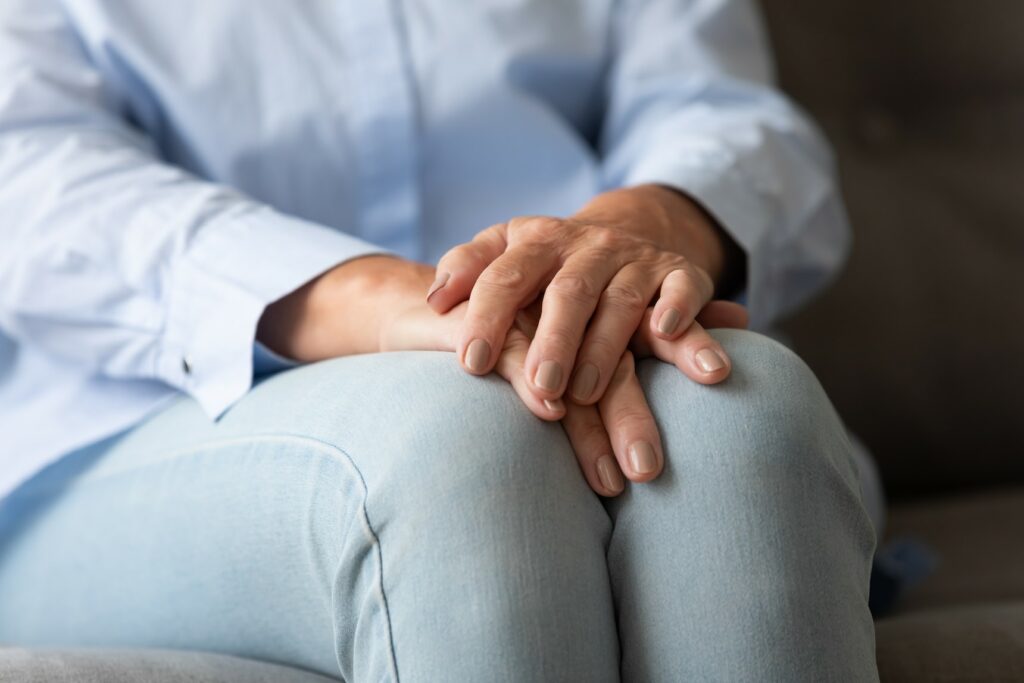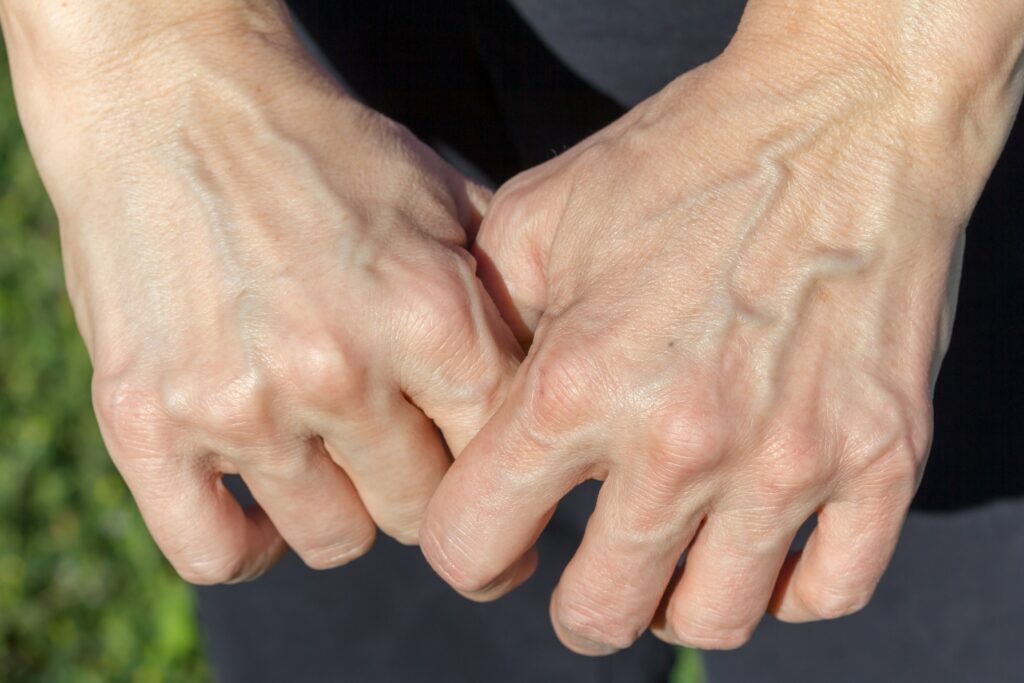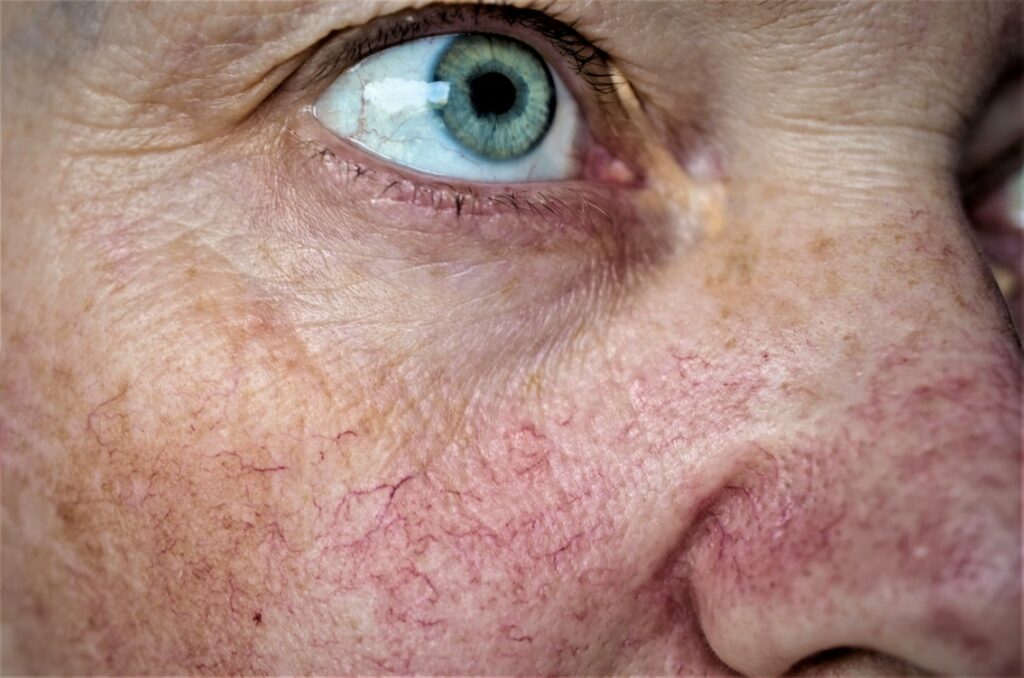Are varicose veins something you just need to live with? Are they something you need to worry about?
While worrying is never a good thing (especially since there are effective solutions and treatments for this problem), there are certainly some signs to be aware of when it comes to your varicose veins.
We all have veins apparent under the surface of our skin – particularly for people who have a paler skin tone. These commonly include obvious bluish veins on the inside of the wrists, at the inner elbows, and behind the knees. A lot of women also have visible veins on the breasts, especially after pregnancy. None of these are abnormal.
As we get older, however, newly visible and unsightly veins may pop up – especially on the legs. These are varicose veins.
Varicose Veins – Explained
Varicose veins are very common and at least 30-40% of Australian adults have them, especially women and especially from middle age. They are more common the older you are. They occur when normal, healthy veins (particularly in the lower legs) become damaged and enlarge, stretch, and become swollen and twisted. This often results from the failure of the one-way valves in the superficial veins which otherwise combat the effects of gravity on the blood flowing from the feet and legs back to the heart. This causes blood to back up and pool in them. Excess blood pressure in the legs exacerbates the problem.
Risk factors for developing varicose veins include:
- Genetics (especially a maternal family history of varicose veins)
- Ageing
- Obesity
- Sitting or standing for long periods (especially when travelling or in the workplace)
- Female hormones and menopause
- Hormonal contraceptive use
- Pregnancy
- Lack of exercise/sedentary lifestyle
- Tobacco smoking
- A prior impact injury to the leg
The severity of varicose veins (venous disease) can be highly variable, ranging from spider or reticular veins to severe disease involving venous ulcers.
Are Varicose Veins Dangerous?
At their onset, varicose veins are usually of cosmetic concern only and cause no symptoms besides being visible under the skin. The only medical risk they pose at this point is if they are accidentally nicked (for example, while shaving the legs) and they can bleed quite a bit. This does not, however, diminish the impact they can have on your self-confidence, and while it may seem like a superficial issue, it is not too early to have your veins assessed and treated at this point.
The bigger issue is that varicose veins are, for many, a progressive medical problem, and over time they do worsen. For most people, varicose veins will not resolve without appropriate treatment, and they will ultimately cause symptoms including:
- Worsening cosmetic effects
- Heaviness in the legs
- Fatigue
- Leg redness, swelling, and inflammation
- Itching and dryness of the skin over the veins
- Pain and burning
- Brownish discolouration on the skin (this can be permanent)
- Bleeding
- Weakened skin that easily bruises and tears
- Sores and ulceration
The longer varicose veins worsen, and the more severe the venous disease, the more difficult it becomes to manage and resolve.
Should I Be Worried?
Don’t panic!
You do need to consider having your veins medically assessed and treated – but be reassured that, except in rare and severe cases, varicose veins are not a threat to your limb (or your life). Varicose veins are rarely associated with DVT (deep vein thrombosis – though they can cause blood clots in the superficial veins) and the biggest risks they tend to present for most people are their symptomatic and cosmetic effects.
So, when should you do something about your veins? Aside from being self-conscious about the appearance of your legs, if you experience heaviness and fatigue (even if no veins are apparent) it’s a good idea to see a vein specialist or vascular surgeon for a professional, expert evaluation, some tips for relieving the problem, and guidelines about when and if treatment is warranted.
In the meantime, it’s important to understand varicose veins and some strategies to help with symptom relief which may prevent the existing venous disease from worsening including:
- Wear compression socks or stockings
- Elevate your legs when possible
- Get up and walk around regularly if you have a sedentary job
- Aim for some gentle exercise most days (e.g., a walk around the block)
- Eat a healthy diet and moderate alcohol consumption
- Quit smoking!
- Lose weight if you are overweight
While your GP is a good place to start, visiting Crows Nest Vein Clinic is an even better option – we are highly specialised in our field and we require no GP referral to see you.
Contact Crows Nest Vein Clinic
You don’t need to live with varicose veins – there are effective minimally invasive vein treatment options available at Crows Nest Cosmetic & Vein Clinic.
Our experienced vein specialist Dr Nicole James offers unrivalled care and expertise for walk-out vein treatments which require no hospital admission, no general anaesthesia, and little-to-no downtime. She will assess your veins and relevant overall health to provide the right treatment approach, which may include microsclerotherapy, endovenous laser ablation, or a combination thereof, depending on the severity of your varicose veins.
Book a consultation with us today – you need no GP referral and our vein treatments are eligible for Medicare Rebates. There is no better time to have the problem addressed than right now – especially before we head into summer.
Contact us via our online contact form, or call (02) 9906 1555 or email [email protected].




